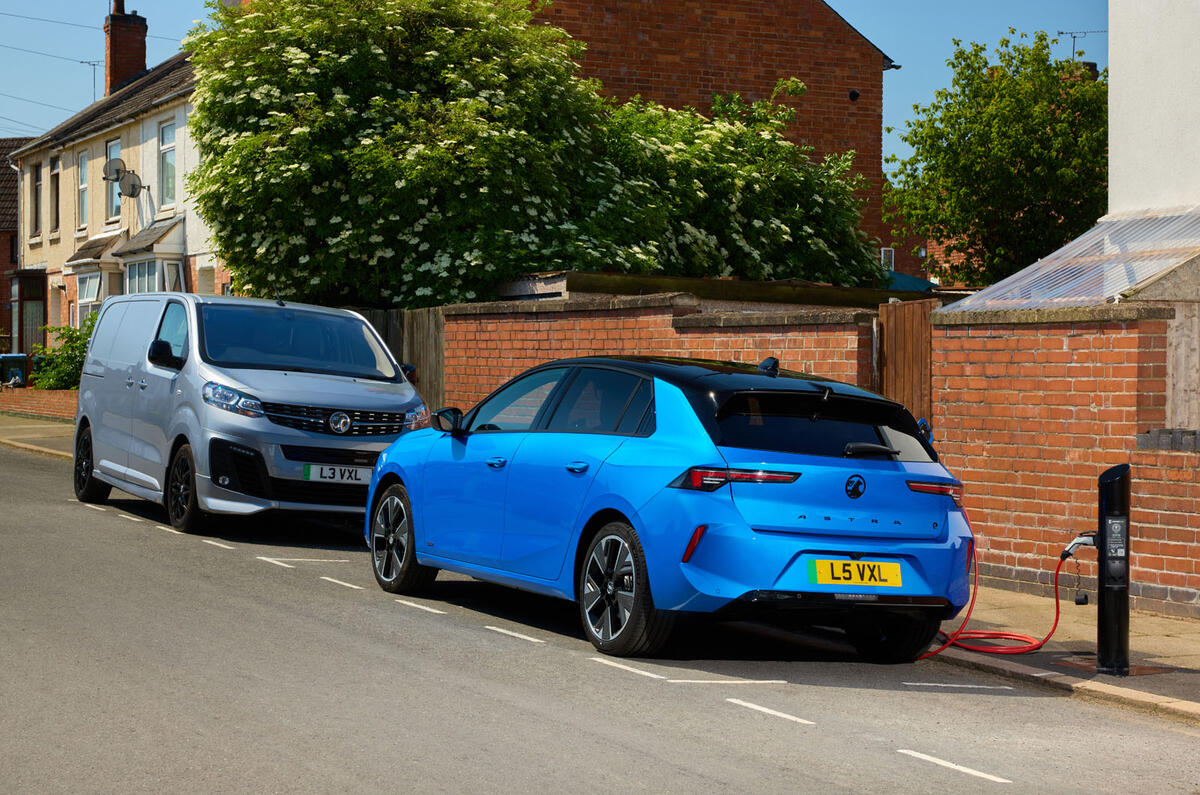One of the UK's biggest property websites will now tell you how easy it is to charge electric vehicles at the house or flat you're viewing.
Zoopla has partnered with Vauxhall to make it easier for buyers and renters to find homes that are near public chargers or which have a domestic charger installed already.
It has added new details to each listing on its website and app, revealing the distance between a house or flat and its nearest public charger – as it does already for schools and train stations – using data provided by energy company Octopus.
Zoopla users will also be able to filter out properties that aren't equipped with home chargers from their results.
The move comes in response to a Vauxhall-backed survey which found that 40% of buyers would consider proximity to EV charging facilities when next moving house.
A third of the survey's 2000 respondents also said that a lack of accessible EV charging would deter them from a property - and that figure was as high as 84% for existing EV drivers.
Vauxhall notes that the average UK home owner stays in one property for 17 years, so homes being purchased today will take the majority of buyers "well beyond the introduction of the forthcoming ban of new petrol and diesel car sales".
The partnership with Zoopla is part of Vauxhall's 'Electric Streets of Britain' campaign, which aims to accelerate the roll-out of on-street EV charging infrastructure, in recognition that 40% of UK households don't have a driveway so can't easily have a home charger installed.
Recent analysis by Zoopla of its listings found that just 1.6% explicitly mentioned EV charging capacity, despite electric cars now accounting for around a fifth of new car sales.
"This comparison highlights the risk of property agents missing an opportunity to demonstrate a feature of a house or flat that is becoming increasingly vital for consumers," the company said.








Join the debate
Add your comment
85% of charging is done at HOME though. Zoopla is better off showing homes that already have chargers and giving a score on how easily a new home charger could be added - eg whether that local authoritiy has already signed up to cross pavement channels by companies such as KerboCharge or Gull-e if that property has no driveway.
The reality is that as home charging only costs 7p/kw (£3 for a 200 mile chargeup ) compared with at least 50p/kw at lamppost chargers (about £20 or more ) , people are far more interested in the ability to add a home charger and put cables in channels across pavements from terraced houses than the available public chargers.